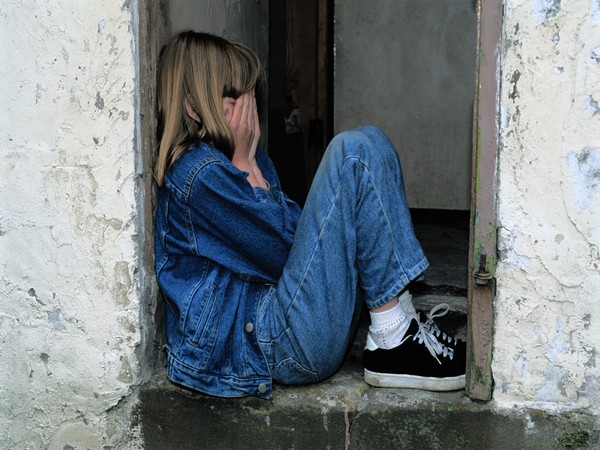Global Pledges to End Childhood Violence as Over 100 Nations Commit to Protective Measures in Bogotá Declaration
At the heart of the conference is a global declaration designed to advance policies and practices that prioritize the safety, well-being, and rights of children.

More than 100 countries today made transformative commitments to end childhood violence, with nine nations pledging to ban corporal punishment in all settings—a practice that affects approximately three in five children in their homes. These commitments were announced at a groundbreaking Ministerial Conference on Violence against Children in Bogotá, Colombia, marking a significant step forward in global efforts to safeguard children from violence, exploitation, and abuse.
Co-hosted by the governments of Colombia and Sweden alongside the World Health Organization (WHO), UNICEF, and the UN Special Representative on Violence Against Children, the conference attracted over 1,000 participants, including high-level government officials, youth delegates, and survivor advocates. At the heart of the conference is a global declaration designed to advance policies and practices that prioritize the safety, well-being, and rights of children.
Despite global efforts, violence against children remains pervasive, with over half of children worldwide—more than 1 billion—experiencing various forms of violence each year. Forms of violence include physical punishment, emotional abuse, bullying, and sexual violence. WHO Director-General Dr. Tedros Adhanom Ghebreyesus emphasized the urgency of this issue, noting, “Violence remains a daily reality for millions of children, leaving scars that span generations. Today’s commitments are crucial steps toward turning the tide on childhood violence, protecting children from lasting harm and ill health.”
Key pledges made at the conference include:
Banning Corporal Punishment: Eight nations—Burundi, Czechia, Gambia, Kyrgyzstan, Panama, Sri Lanka, Uganda, and Tajikistan—committed to enacting laws prohibiting corporal punishment in all settings. Nigeria pledged to ban corporal punishment in schools, while dozens more countries promised to strengthen legislation aimed at ending childhood violence.
Boosting Child Protection: The UK, along with international partners, pledged to launch a Global Taskforce to end violence in and through schools, creating a safer learning environment. Tanzania announced plans to establish Child Protection Desks in all 25,000 schools nationwide.
Raising Legal Protections: Solomon Islands committed to increasing the minimum marriage age from 15 to 18, addressing the risks early marriage poses to adolescent girls. Spain also committed to implementing new digital safety laws aimed at protecting children from online abuse.
To support families and caregivers, numerous countries have pledged to invest in critical parenting programs, a strategy shown to reduce violence in homes by helping caregivers replace punitive measures with positive discipline. Proven interventions, such as life-skills programs in schools to reduce bullying and child-centred social and health services, were highlighted as effective strategies in combating violence.
Violence against children not only violates their rights but also results in severe physical, emotional, and psychological harm. Studies reveal that violent experiences can lead to long-term consequences, including depression, risky behaviours, and poor academic performance. Tragically, violence, especially involving firearms, has become the leading cause of death among adolescent males, underscoring the importance of aggressive action to curb these rates.
Building on the Sustainable Development Goals (SDGs), this declaration urges nations to strengthen child protection laws, expand mental health services for survivors, and implement community-driven programs that promote safer environments. WHO will continue to support countries in these efforts, providing technical guidance, new research, and global data monitoring.
This first-ever Ministerial Conference represents a turning point in the global fight against childhood violence. As countries commit to these initiatives, it sends a strong message that the world’s children deserve safety, dignity, and a future free from violence.










